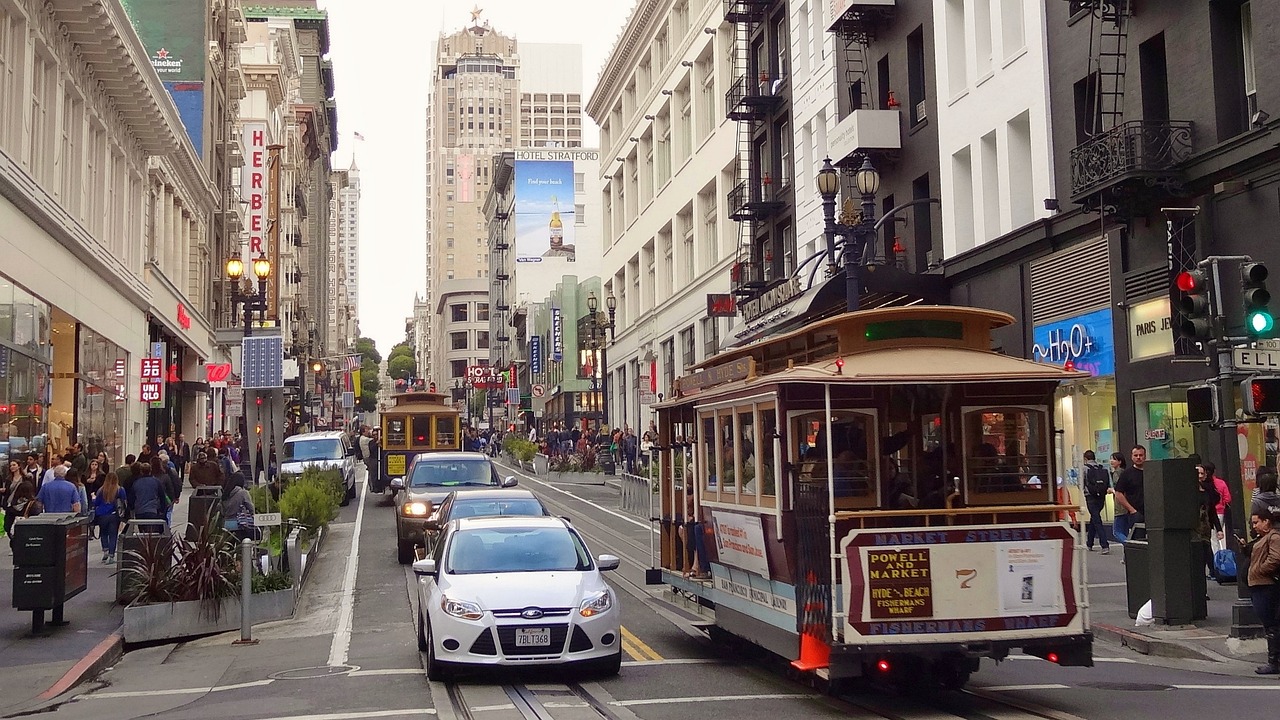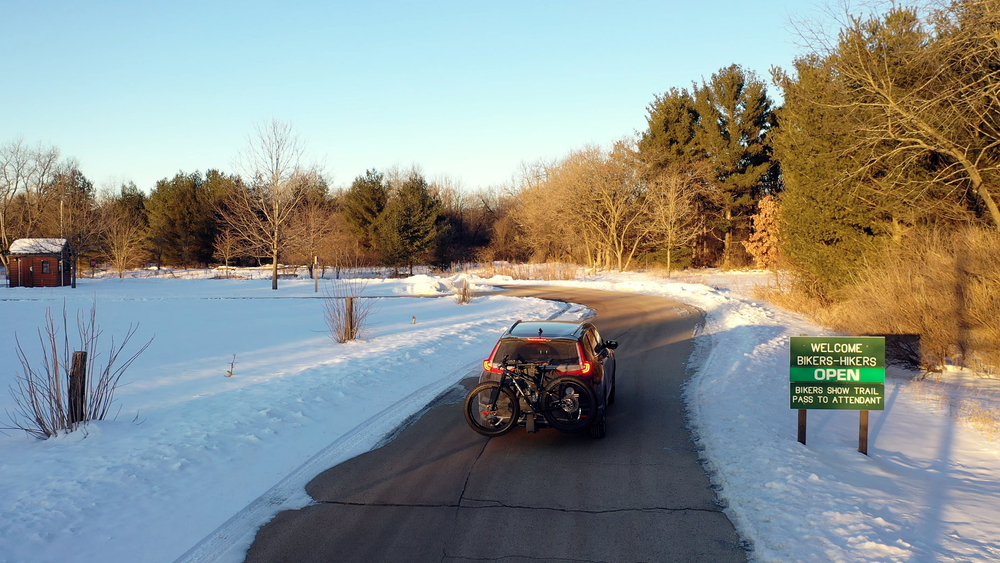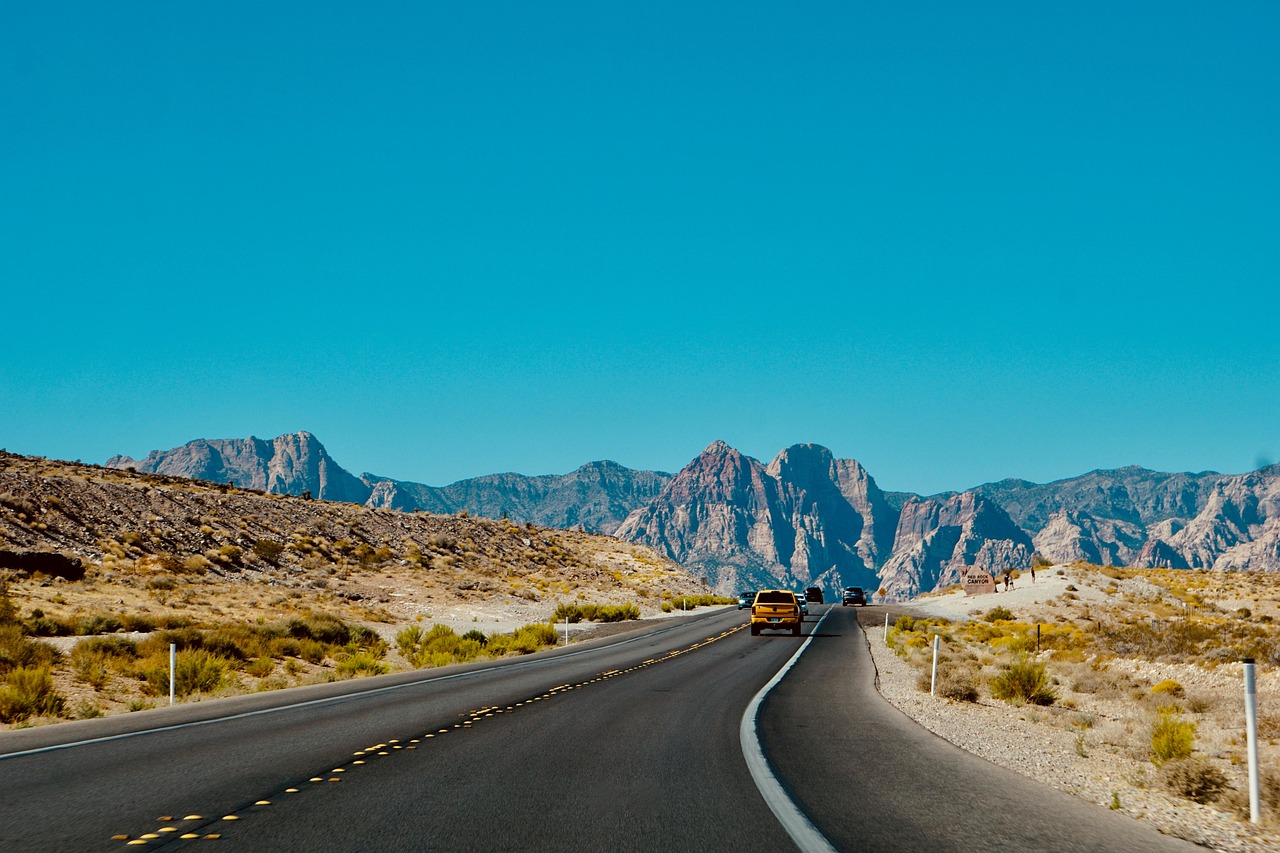Local codes often outlive the headlines that created them. Some were written to prevent injuries, others to protect sleep, wildlife, or shared space. They remain enforceable, even if lightly applied, and visitors sometimes learn about them the hard way. What follows spotlights seven places where everyday habits meet specific rules that still carry fines. The point is not scolding. It is context. Knowing how a city works helps days run smoother and keeps a trip focused on good meals and better stories.
Carmel-by-the-Sea, California High Heels Without A Permit

Carmel keeps an old rule that treats very tall, narrow heels as a liability risk on uneven sidewalks. Footwear over two inches with a tiny base needs a free permit from City Hall, a fix meant to limit fall claims when roots and brick make the pavement wavy. The permit takes minutes, and enforcement is rare, but the code remains. It reads quirky at first, then practical once the terrain is underfoot. Style is welcome, just signed off before a stroll.
New York City, New York Honking Without Danger
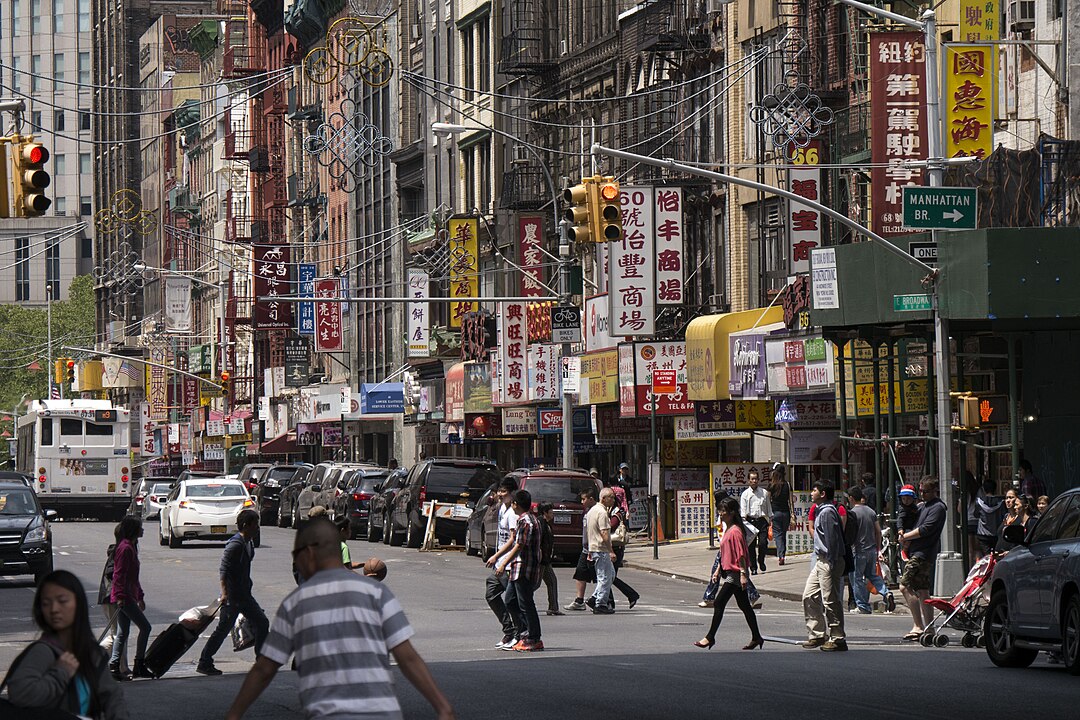
In New York City, horns are for imminent danger, not impatience. Leaning on a horn to vent at traffic earns a noise ticket, and the rule exists to give windows a chance at sleep and bikes a chance at hearing what matters. Campaigns surface every few years to remind drivers, and summonses still happen at busy intersections. A tap to prevent a collision is fine. A blast to scold a slow start is not. The line is simple, and enforcement is real.
Key West, Florida Feeding The Free-Range Chickens

Key West protects its famous chickens while banning handouts that cause flocks to mob sidewalks and parking lots. Feeding concentrates droppings, draws birds into traffic, and spikes complaints from businesses. The city posts reminders, backs them with fines, and asks for sealed trash so scraps do not become buffets. Visitors still get plenty of close encounters, just without the bread bag. The result is a population that acts like wildlife, not pets, which is better for everyone.
Las Vegas and Clark County, Nevada Scattering Food For Pigeons

On the Strip and in nearby parks, tossing grain or leftovers to pigeons is prohibited. The goal is cleaner benches, less mess on sidewalks and ledges, and fewer flocks roosting over dining patios. Signs warn of fines that can sting, and repeat offenses can escalate. Maintenance crews notice the difference when feeding stops, since birds follow the food. The ask is simple. Let the flocks forage on their own, and public spaces stay usable from morning to night.
San Francisco, California Sipping On The Sidewalk
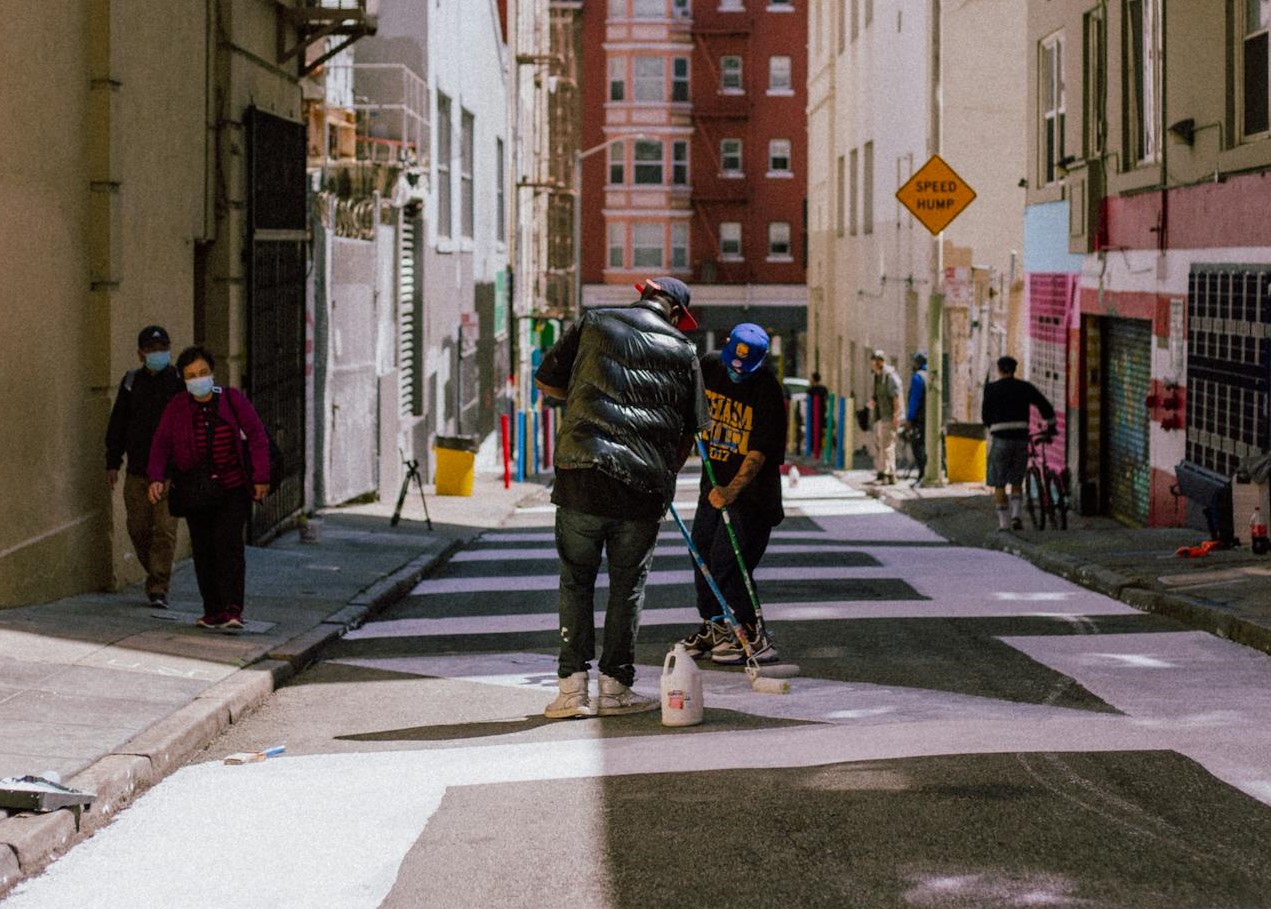
San Francisco bars may feel casual, but public streets are not open lounge space. The police code bans open containers on sidewalks and curbs unless a permitted event creates a temporary zone. Officers focus on disturbances, yet citations are common enough to matter, especially around nightlife corridors. The easy workarounds are patios with licenses, plazas during festivals, or a sealed to go option for later. The city is generous with food and culture. It wants streets to stay orderly.
Honolulu, Hawaii Looking At A Phone In A Crosswalk
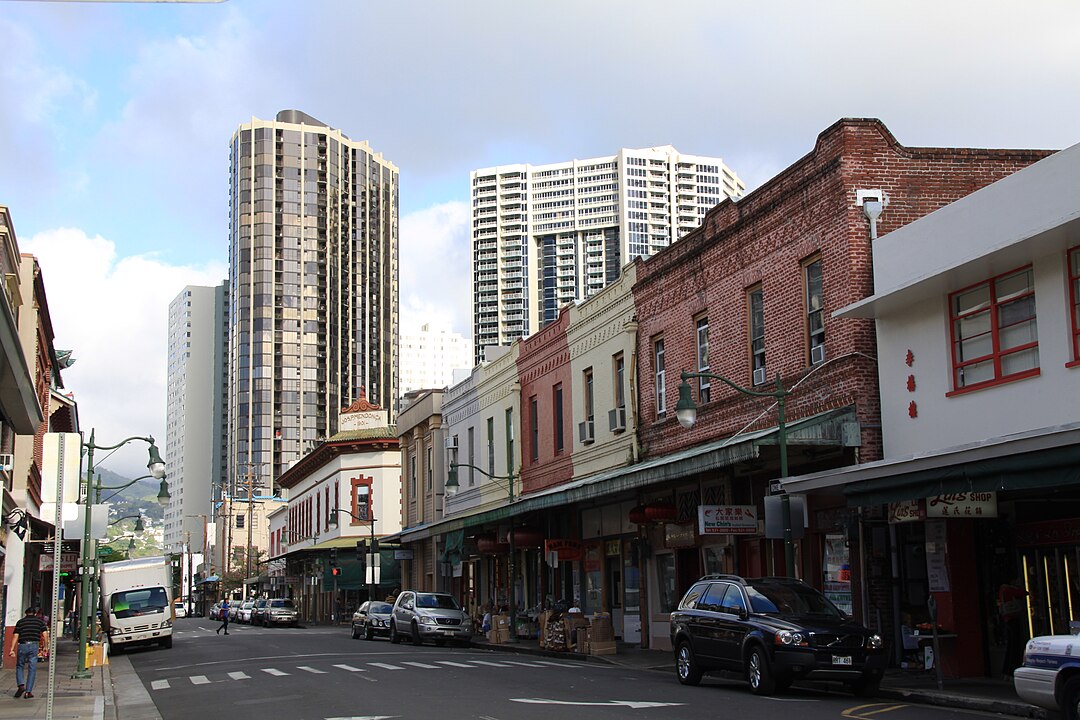
Honolulu wrote a straightforward rule to cut distracted walking crashes. Anyone crossing a street must keep eyes off screens, whether phone, tablet, or game. Talking is fine. Reading or typing is not. Fines start small and climb with repeats, and officers run periodic stings near busy corners. The message is not harsh. It is practical on roads where turning cars and tour buses share tight blocks. Heads up, cross cleanly, then check messages on the far curb.
Montclair, New Jersey Using Gas-Powered Leaf Blowers
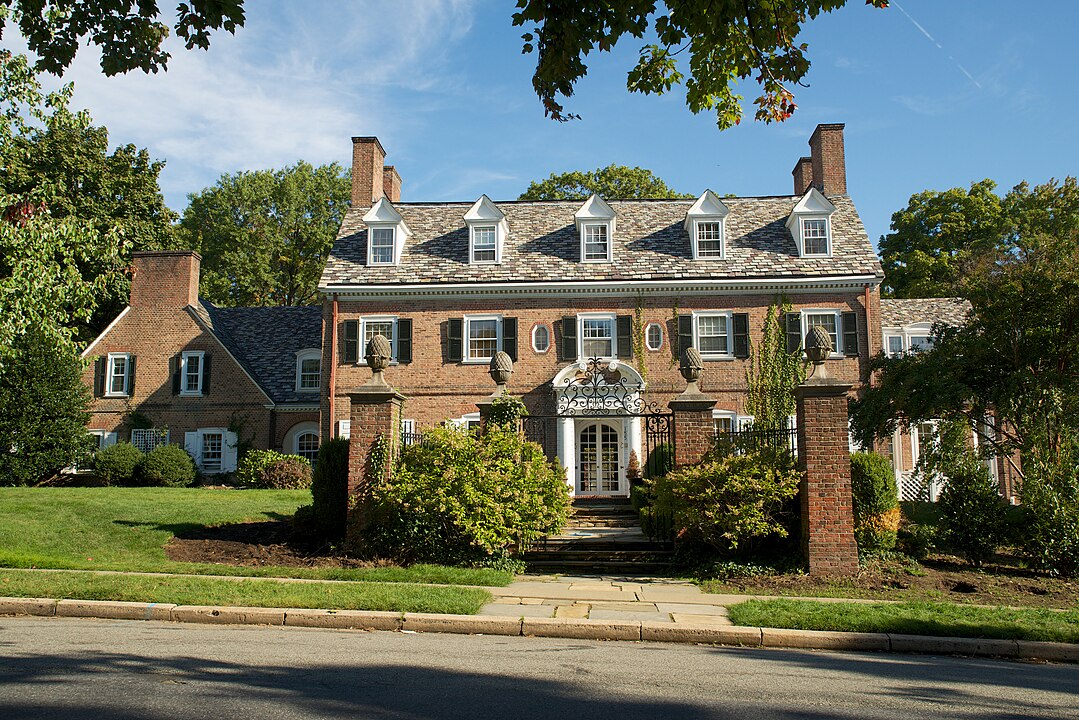
Montclair banned gas leaf blowers year round to reduce noise and fumes on close set streets. The town allows electric units within set hours, which nudges crews toward battery gear and better timing. The shift took adjustment, then settled into a quieter routine that neighbors notice at breakfast and after dinner. Citations target repeat violations, not simple mistakes, and the public health case is clear. Air feels cleaner, birds return faster, and conversations do not shout over engines.
